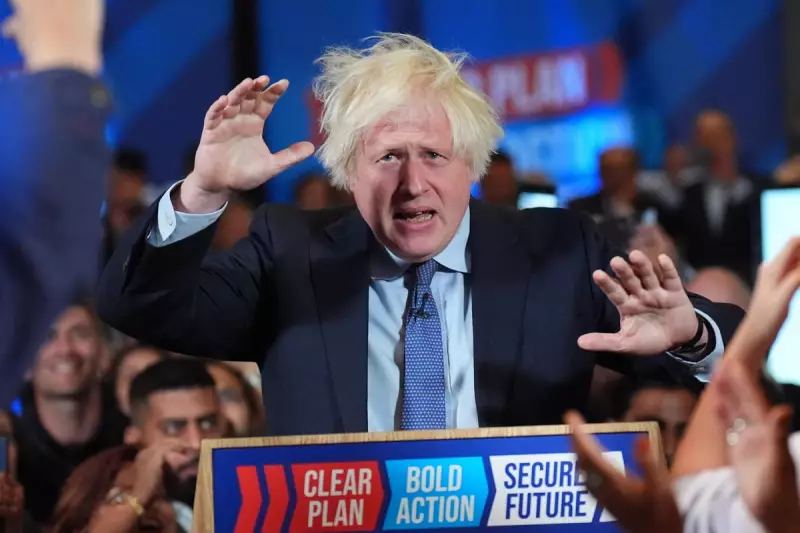
Explosive documents have uncovered that former Prime Minister Boris Johnson held a secret meeting with Saudi Crown Prince Mohammed bin Salman during his time as a backbench MP, raising serious questions about transparency and lobbying regulations.
The revelation comes from court documents disclosed as part of a legal challenge against the government's refusal to publish details of ministers' meetings with the Saudi ruler. The previously undisclosed encounter occurred while Johnson was no longer PM but remained a sitting Conservative MP.
Legal Battle Forces Transparency
The Good Law Project, a non-profit organisation, brought the case to light after the government repeatedly blocked freedom of information requests regarding ministers' engagements with the controversial Saudi leader. The Cabinet Office had previously claimed there were "no records" of such meetings, a position now proven inaccurate.
This disclosure directly contradicts earlier government statements and suggests a pattern of opacity surrounding dealings with the Saudi regime. The meeting's agenda and discussions remain classified, deepening concerns about the nature of Anglo-Saudi relations during this period.
Timing Raises Eyebrows
The secret meeting occurred during a particularly sensitive time in UK-Saudi relations, following the brutal murder of journalist Jamal Khashoggi and ongoing concerns about human rights abuses in the kingdom. The disclosure has prompted fresh scrutiny of:
- The adequacy of current lobbying rules for former ministers
- Transparency protocols for meetings with foreign leaders
- The consistency of government responses to FOI requests
- Ethical standards in international diplomacy
Political Fallout and Reactions
Opposition parties have seized upon the revelation, with Labour describing it as "deeply concerning" and calling for full transparency about the meeting's purpose and outcomes. Transparency advocates have demanded stricter rules governing former ministers' engagements with foreign governments.
The Cabinet Office faces mounting pressure to explain why this meeting wasn't disclosed through proper channels and whether other similar engagements remain hidden from public view.
This development comes amid ongoing debates about the revolving door between government and lucrative private sector roles, particularly concerning relationships with foreign powers with questionable human rights records.





